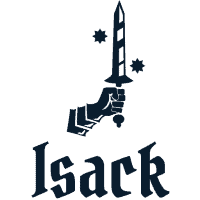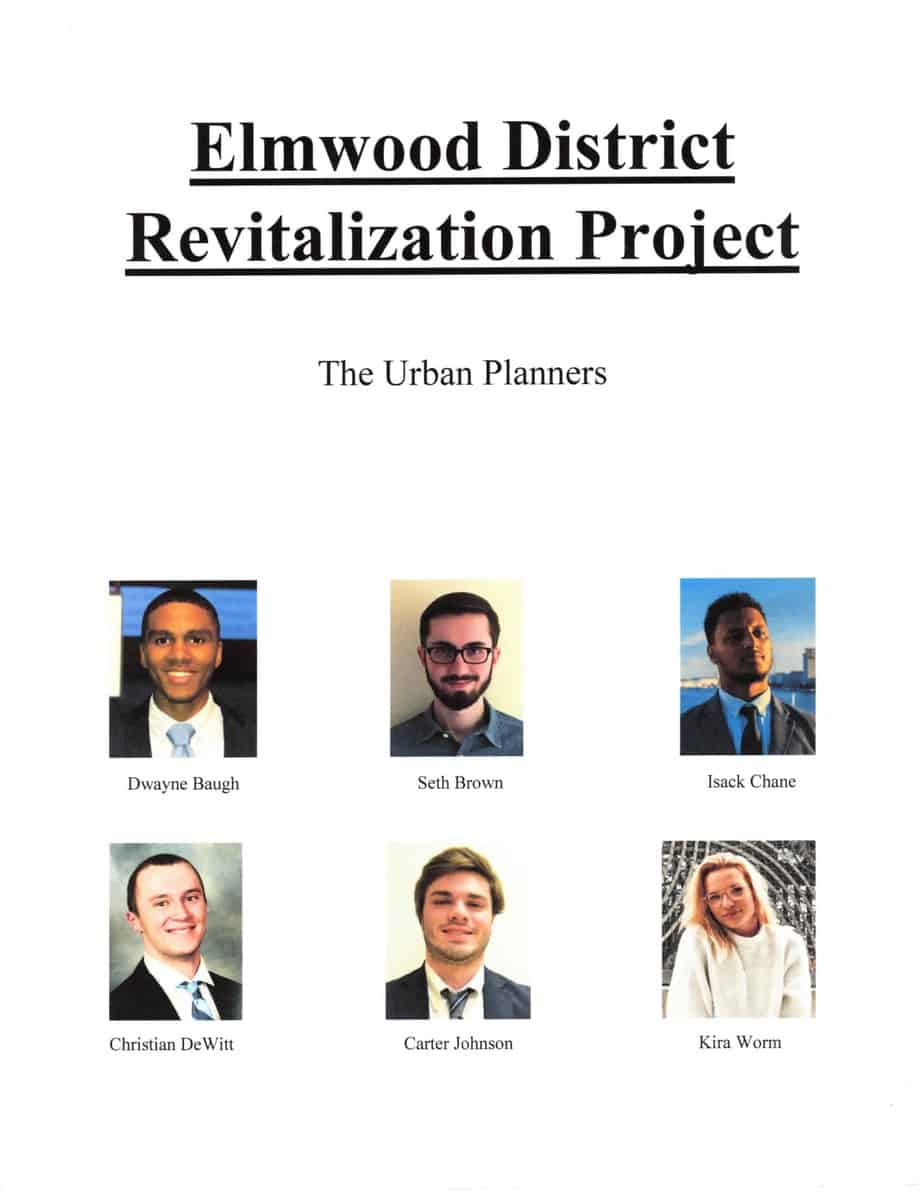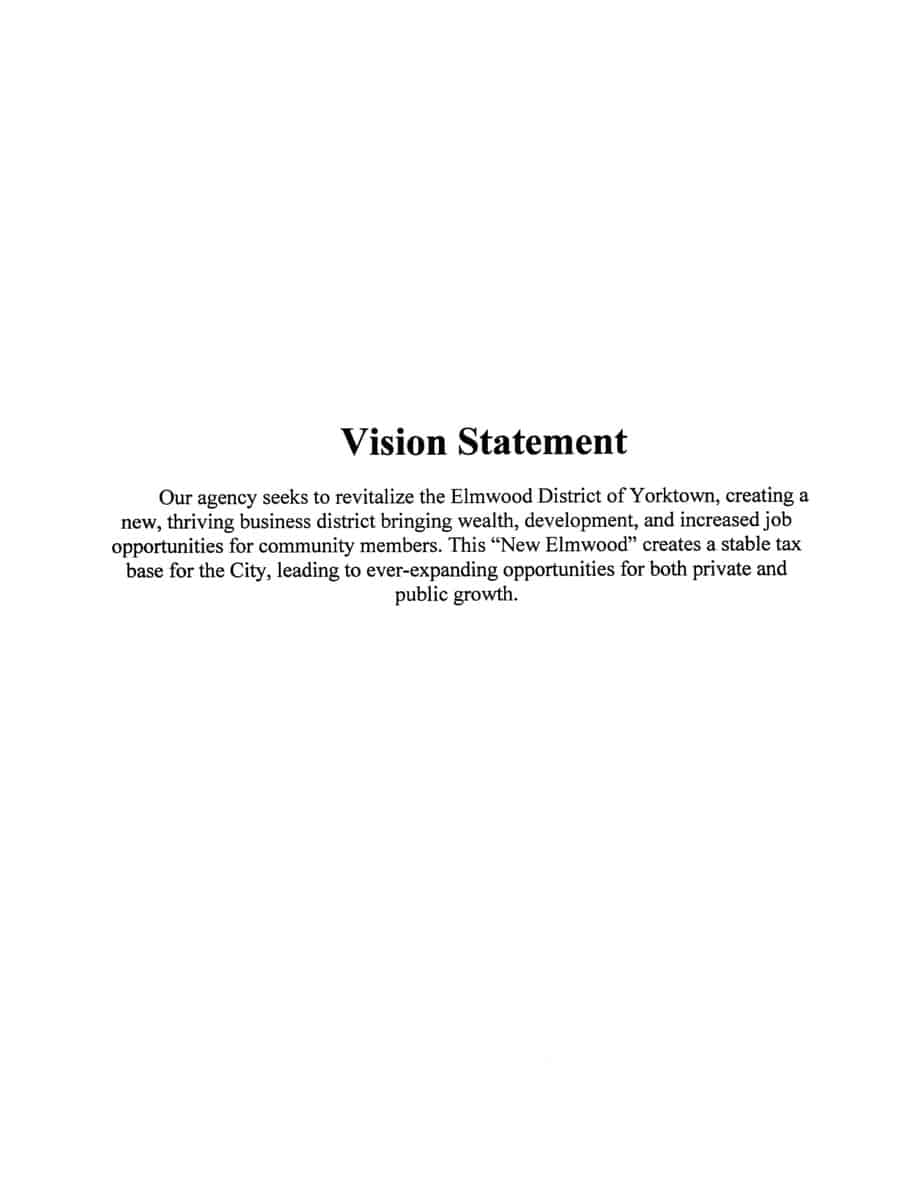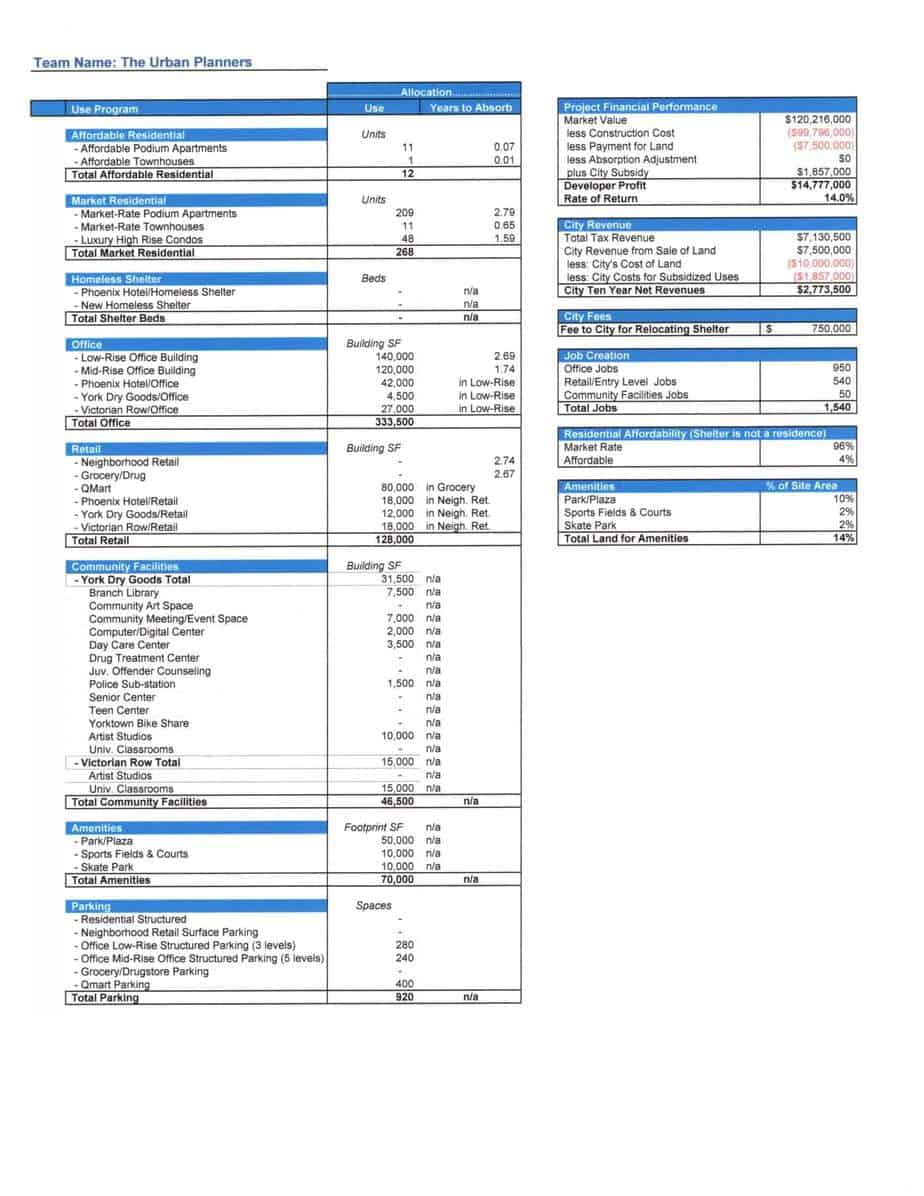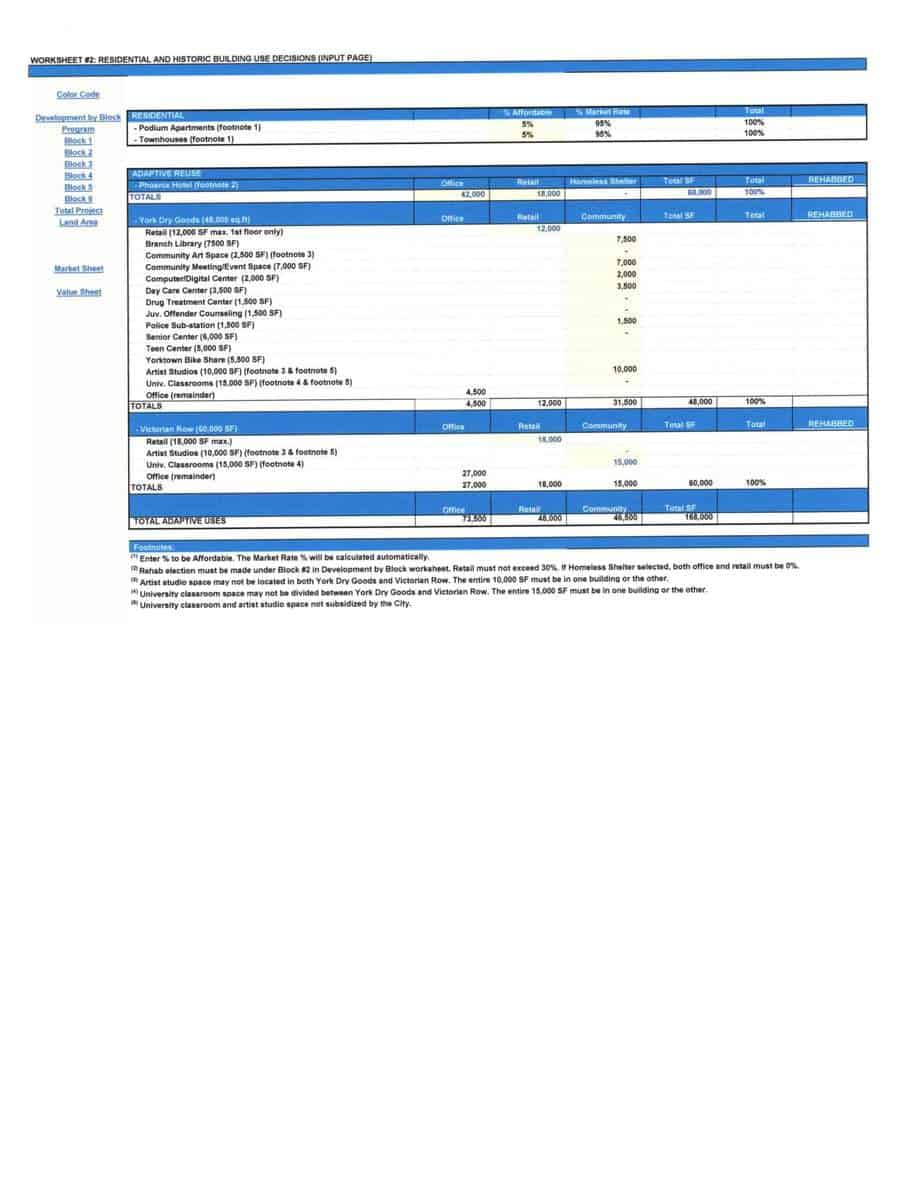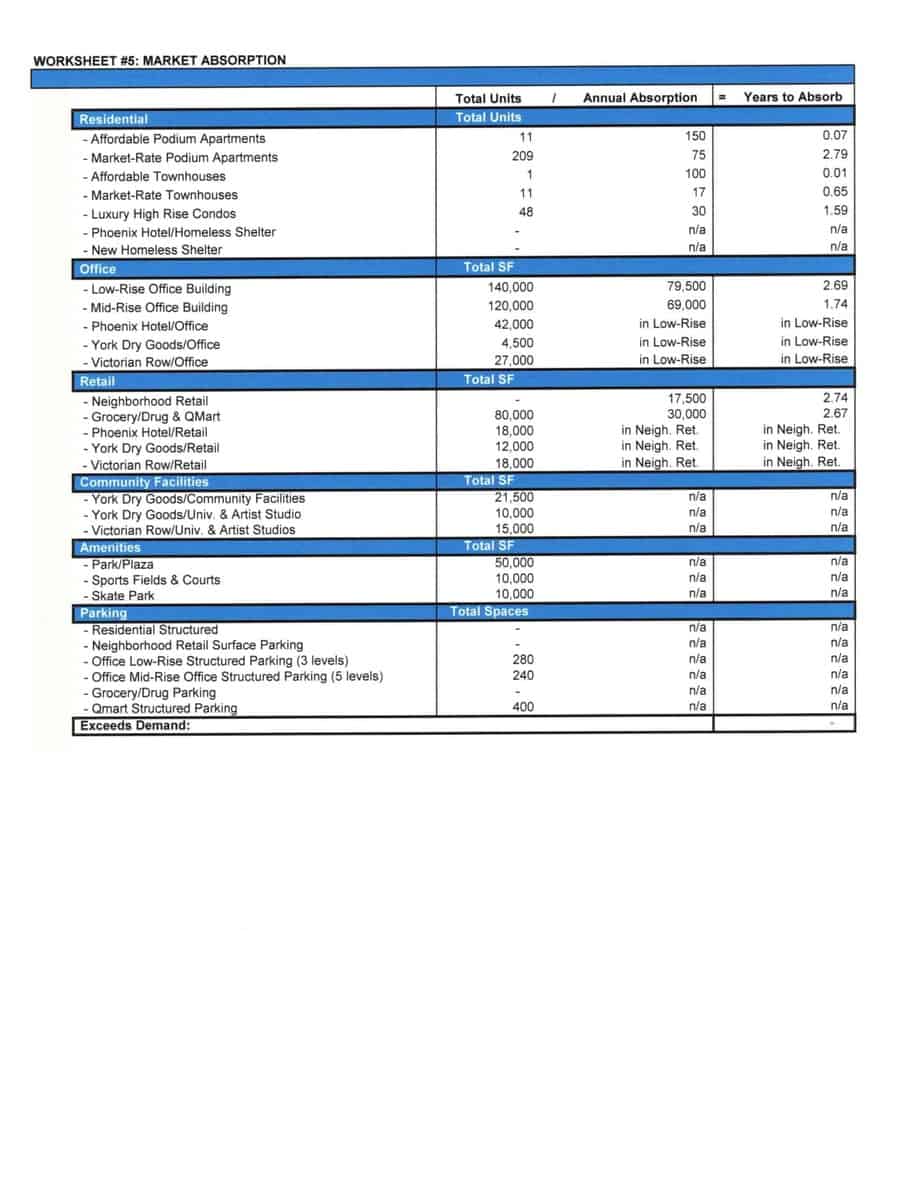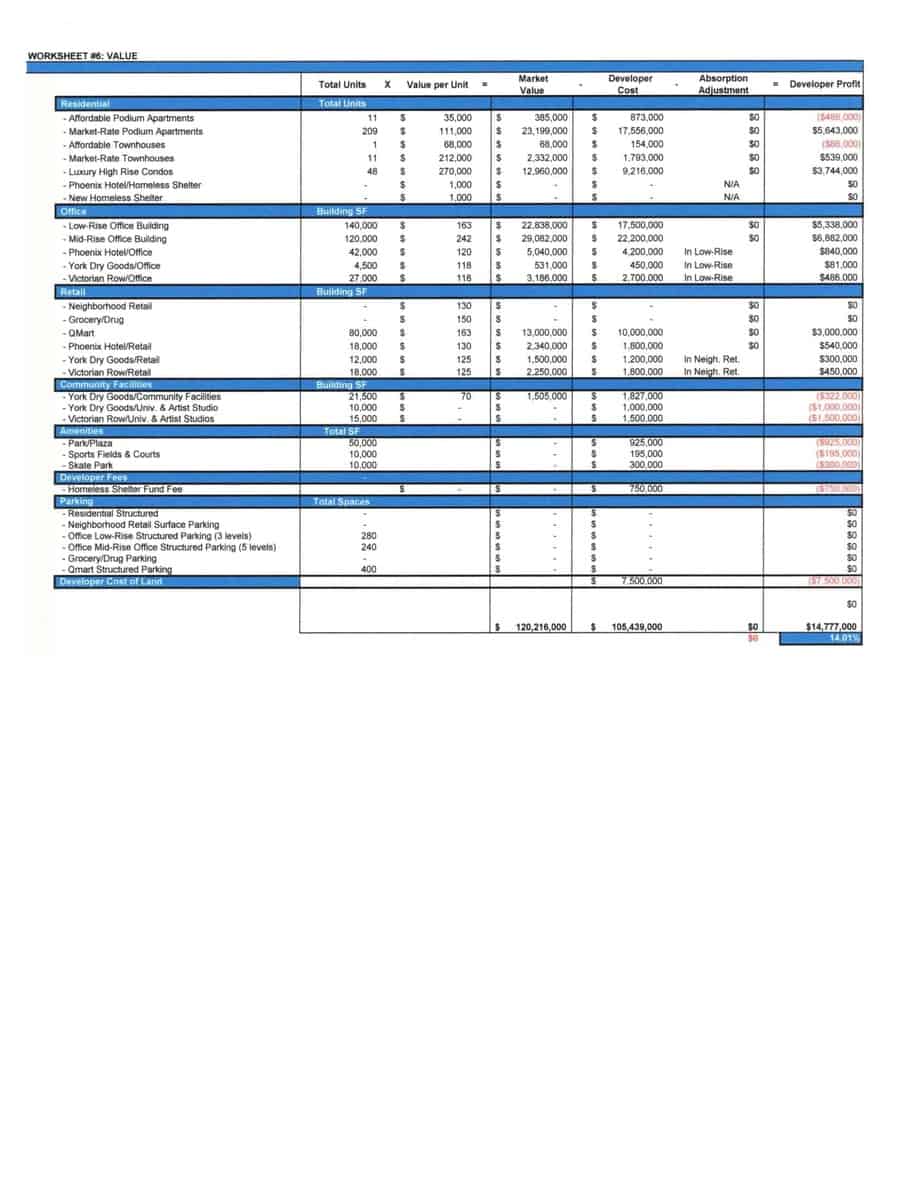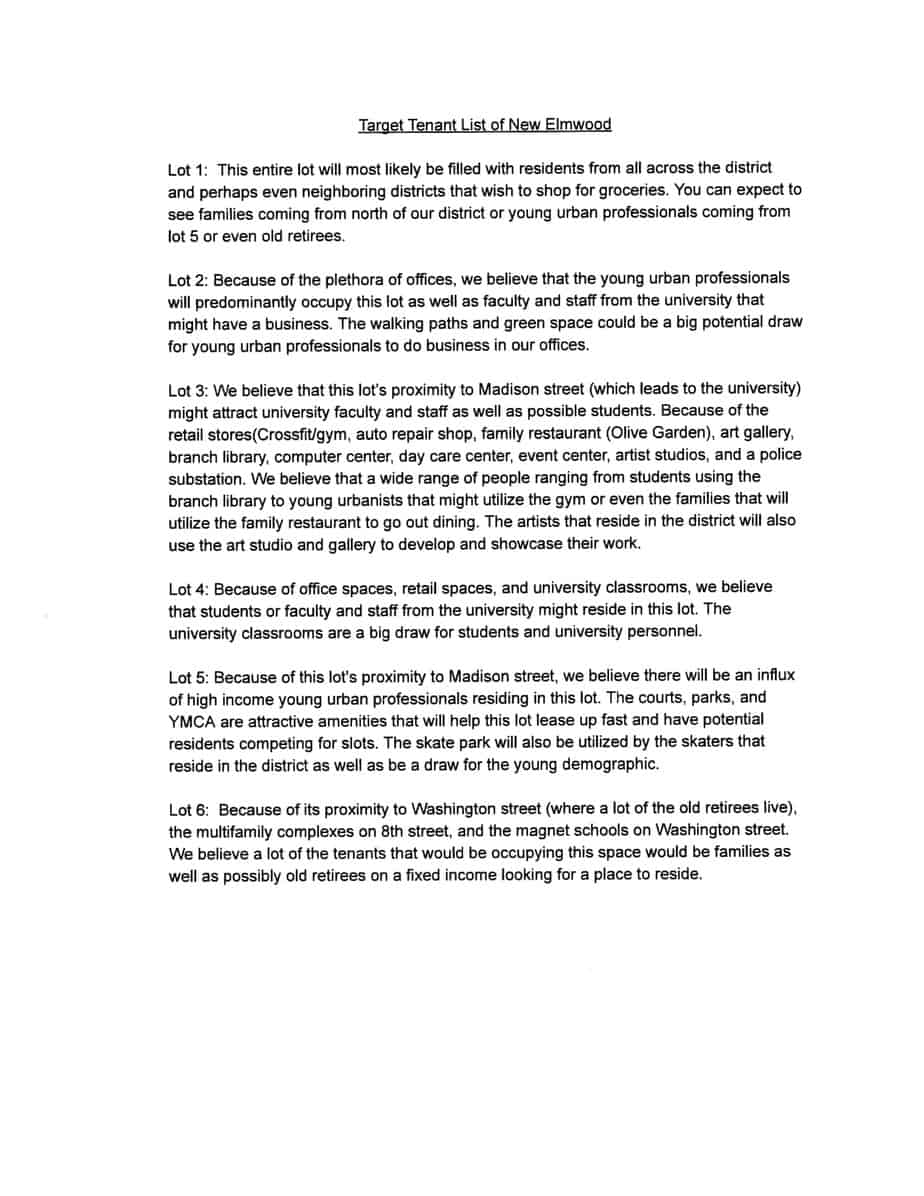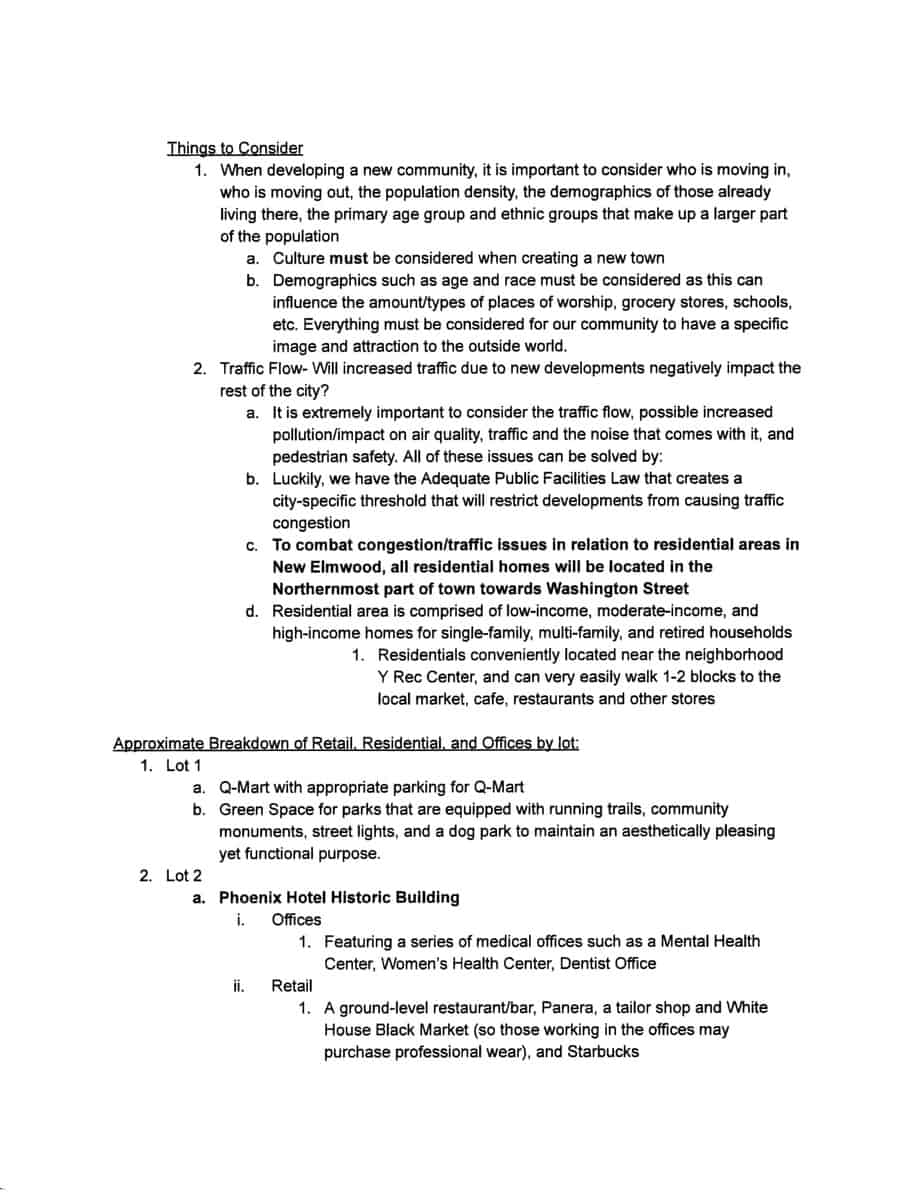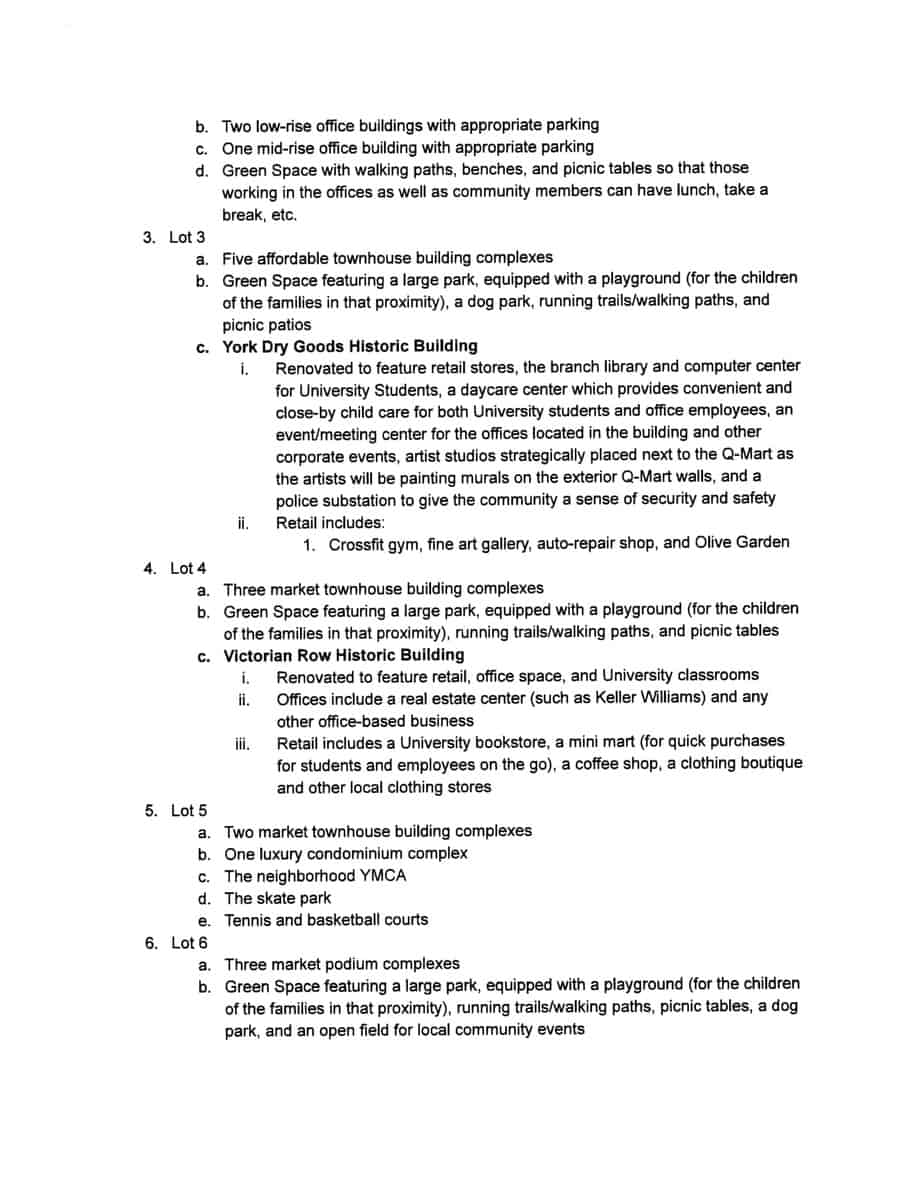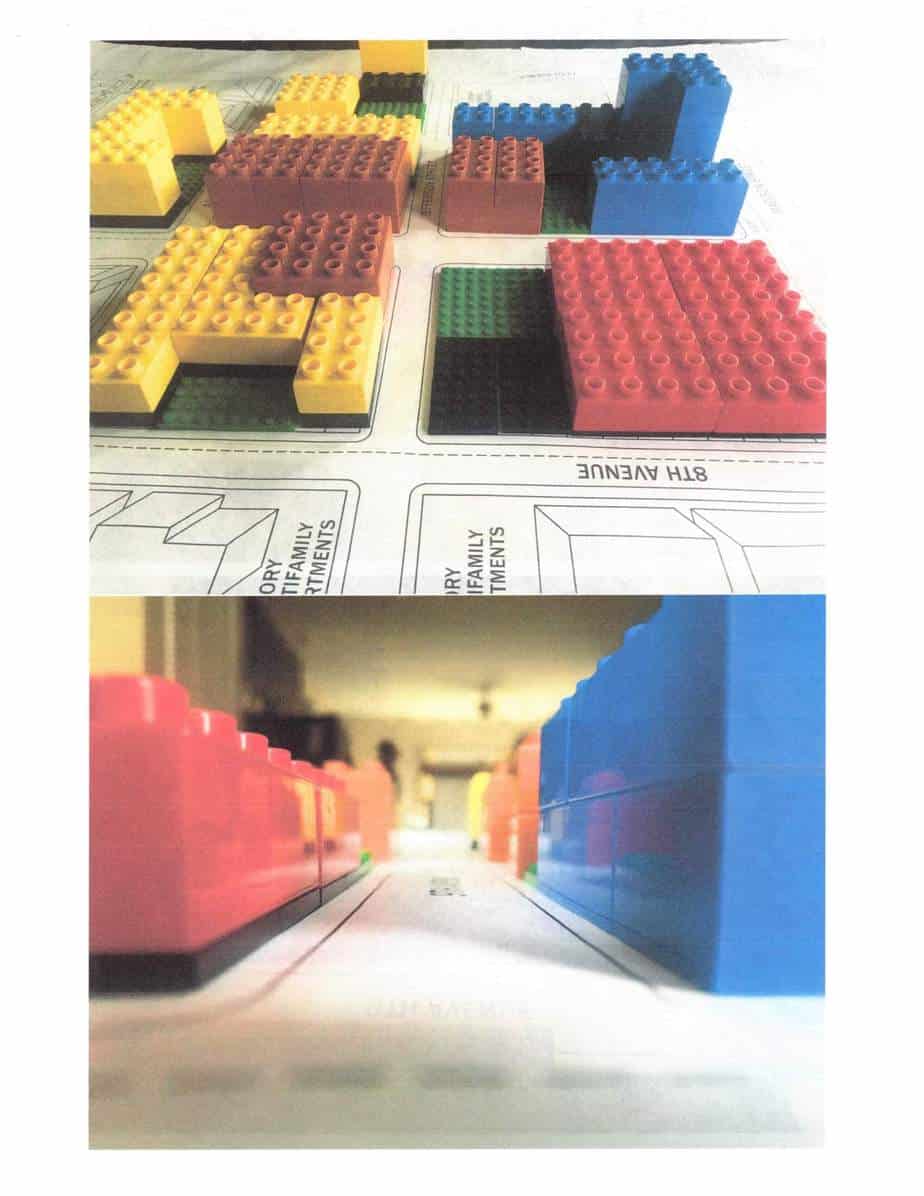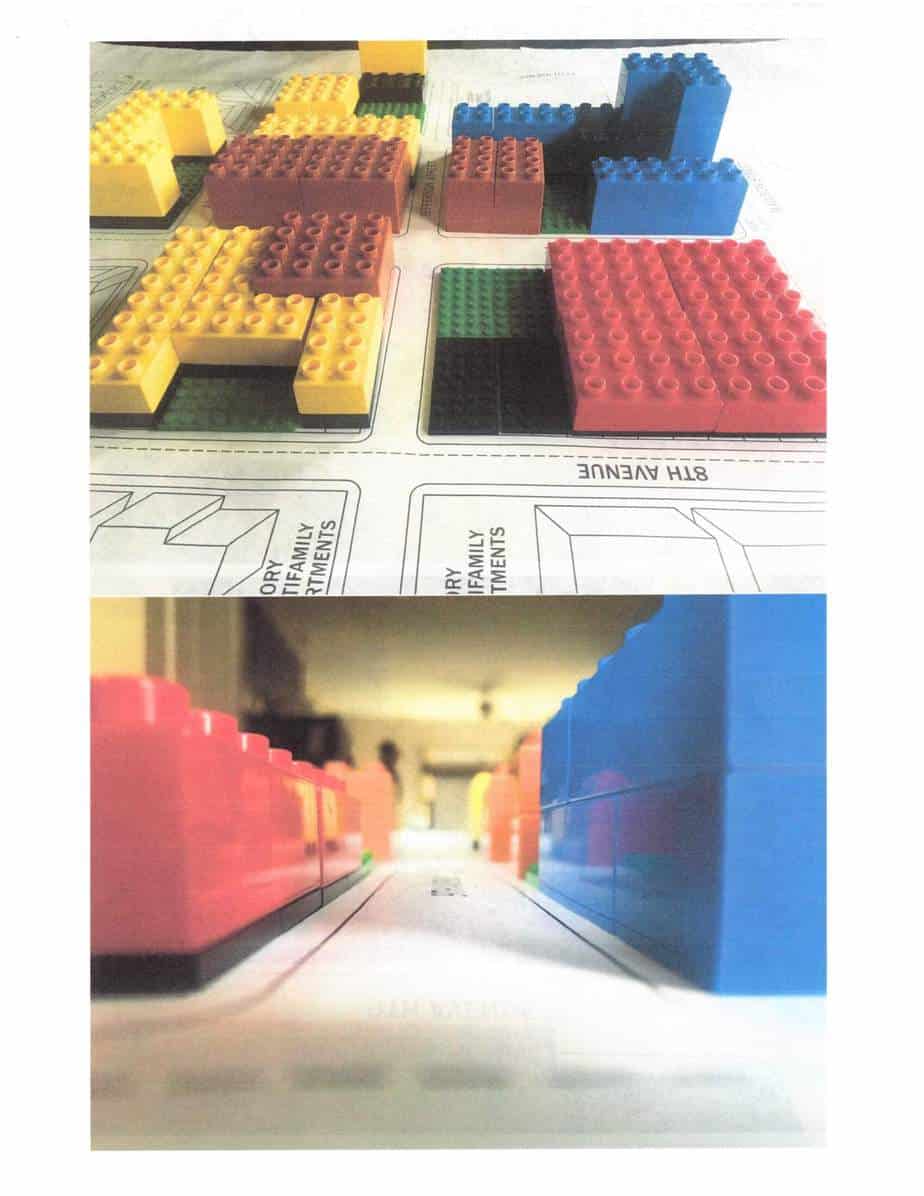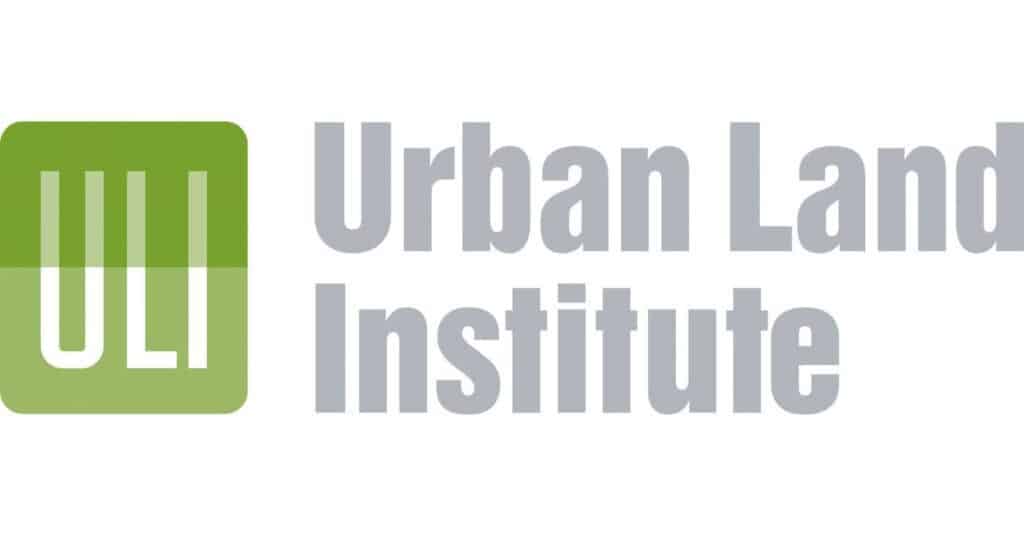
While I was in the real estate major program I had to take a class called “Principles of Real Estate” also known as “Fin 319.” The class is where “The fundamentals of real estate productivity and value are developed. Legal elements of real estate transactions, physical aspects of real estate location and production, and economic factors pertinent to real estate.”
In that class we had to do a project nationally known as Urban Plan Project. The Urban plan project was created by Urban Land Institute. The Urban Land Institute was established in 1936, the Institute today has more than 40,000 members worldwide, representing the entire spectrum of the land use and development disciplines. ULI relies heavily on the experience of its members. It is through member involvement and information resources that ULI has been able to set standards of excellence in development practice. The Institute has long been recognized as one of the world’s most respected and widely quoted sources of objective information on urban planning, growth, and development.
The Urban Plan project is a realistic, engaging exercise in which participants—high school students, university students, or public officials—learn the fundamental forces that affect development in our communities. Participants experience challenging issues, private and public sector roles, complex trade-offs, and fundamental economics in play when proposing realistic land use solutions to vexing growth challenges. The Urban plan project’s mission is to create a sophisticated level of discourse among local stakeholders involved in land-use decisions through the education of tomorrow’s voters, neighbors, community leaders, public officials, and land use professionals so—together—we can create better communities.
UrbanPlan for Universities aims to develop land use professionals–developers, planners, architects, investors, and policy makers–who are more sophisticated and effective when they enter the workforce. UrbanPlan moves students from a theoretical and ideological understanding of their discipline to the practical realities and demands of the development team and process. In addition, the module is a challenging team building exercise and introduction to ULI and key leaders in the industry.
In the 12-15 hour unit, students address challenging financial, market, social, political, and design issues, develop a pro forma, and create a three-dimensional model of their plan. The module culminates when the teams present their proposal to a “City Council” of ULI members that awards the development contract to the winning team.
In UrbanPlan for Universities, the primary target is graduate students whose focus is land use: city and regional planning, business, real estate, architecture, and law. It can be effective in carefully selected fourth-year undergraduate classes where the course ties into land use.
At strategic times during the project, land use professionals who have been trained in the UrbanPlan curriculum, interact with the student teams. Through the Socratic method, these volunteers visit the teams and challenge the students to think more critically about the UrbanPlan issues and the specific responsibilities of their “roles” (Financial Analyst, Marketing Director, Site Planner, City Liaison, Neighborhood Liaison).
UrbanPlan volunteers engage in interactive discussions with students on the member’s own project work or specific professional challenges. Through thoughtful questioning, the presenter helps students relate these issues and decisions to struggles the students are experiencing in UrbanPlan.
UrbanPlan volunteers hear student presentations, challenge their proposals as would happen in an actual city council hearing, and award the development contract to the winning development team.
The specific Urban Plan project that we did in this class was a multi-use revitalization project in the city of Elmwood. The project was a collaborative project that includes a City Liaison, Marketing Director, Site Planner, Neighborhood Liaison, and a Financial Analyst. The Urban Plan project was then presented to a council of real estate professionals at the Harbor Group International headquarters in downtown Norfolk. There were two teams in the class and we competed against each other to see who would win. My team ended up winning the in-class competition.
Attached below is my entire Urban Plan Project.
